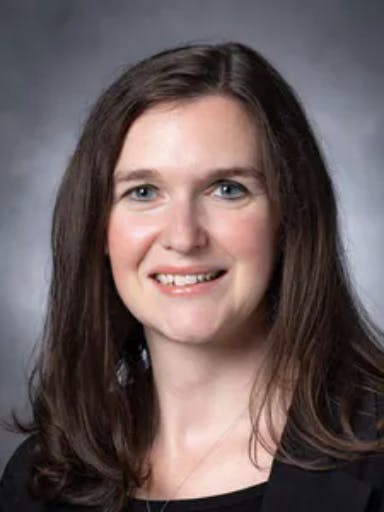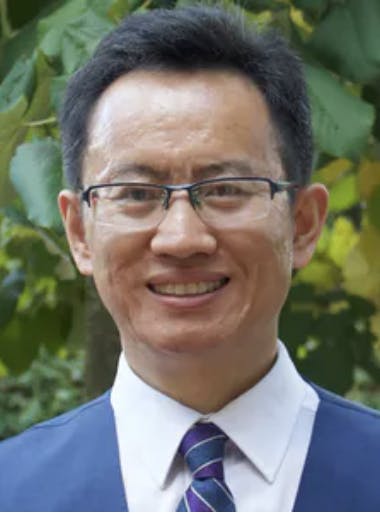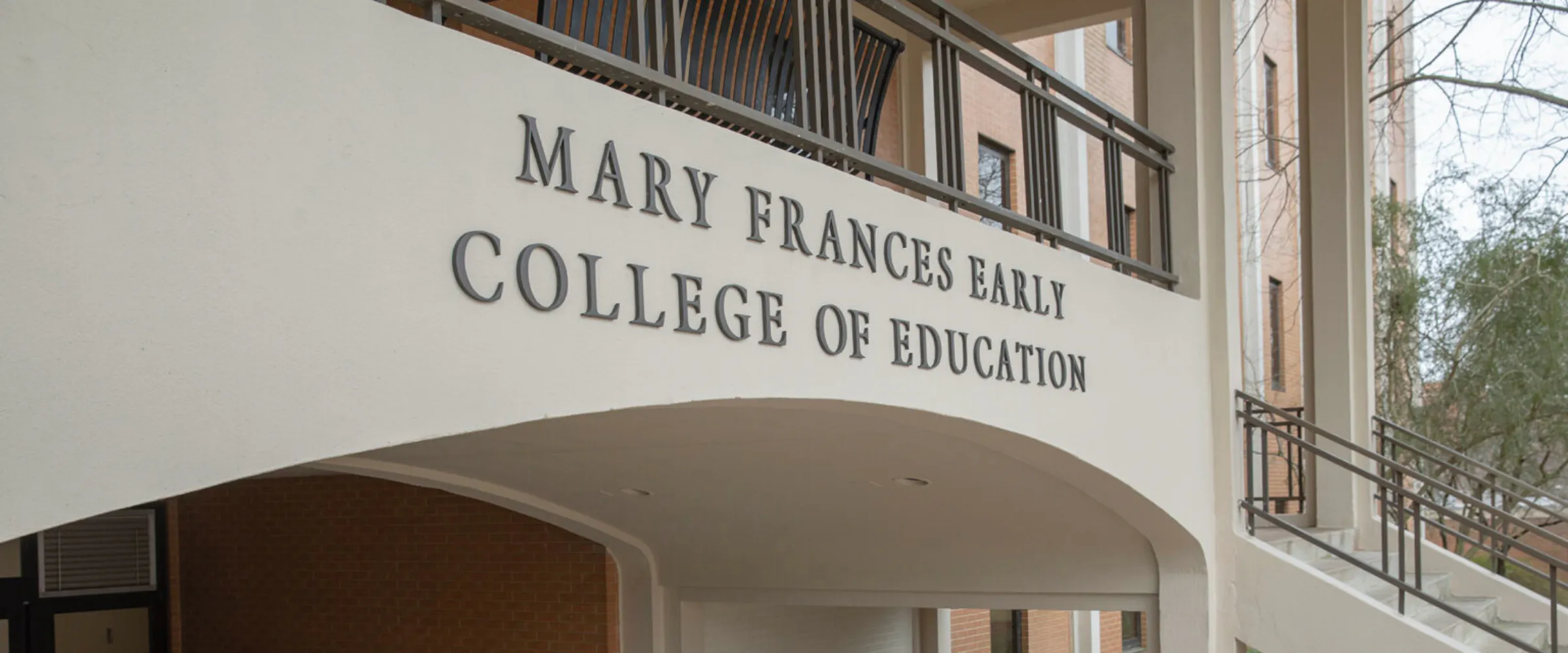Three assistant professors receive Provost's Affordable Courses grant
Three assistant professors in the Mary Frances Early College of Education received the Provost’s Affordable Courses grant to financially support students’ educational resources. Out of 13 total projects, the College had the greatest number of projects selected for funding.
Michael M. Barger, an assistant professor in the department of educational psychology, Jill Stefaniak, an assistant professor in the department of career and information studies, and Xiaoming Zhai, an assistant professor in the department of Mathematics, Science, and Social Studies Education received the 2021 Provost’s Affordable Courses grant.
Through the grant program, faculty members can receive $5,000 to support the transition from costly course materials such as textbooks to educational resources that are free for students or cost less than $40. The Affordable Course Materials Grant program is administered by the UGA Libraries and the Center for Teaching and Learning.

Barger received the grant for his course titled Child Development for Teaching in the Sciences (EPSY 3200). The course was developed in collaboration with Jason B. Peake, a professor in the College of Agricultural and Environmental Sciences, and Julie Kittleson, an associate professor in the department of Mathematics, Science, and Social Studies Education in the College. The course was proposed to create a new Elementary Agricultural Education endorsement program and is open to all students who are interested in taking a developmental psychology perspective on children’s science learning. The course will culminate in a project that allows students to apply this knowledge to creating developmentally appropriate teaching materials and will debut for the fall 2021 semester and be offered each subsequent fall.
“It’s always exciting to develop a new course, but this case is special because I know that no student will ever have to spend money on top of their tuition to take part in the course,” Barger said. “Furthermore, it allows us to construct a class about science learning that actually reflects what scientists do in the real world: engage with research and think about what it means for children’s learning.”
Stefaniak received the grant for her course titled Evaluation and Analytics in Instructional Design (EDIT 7350), a key course in the learning, design and technology program. The course utilizes a mix of materials including published scholarly articles, YouTube videos, and other openly available scholarly products.

“The challenge with textbooks on program evaluation is that they do not address the unique nuances associated with instructional design,” Stefaniak said. “By creating open educational resources, it would significantly cut the cost of textbooks for our students as well as support the development of more appropriate and relevant course materials for planning and conducting program evaluation in instructional design settings.”
Zhai received the grant for his course titled Introduction to Research in Science Education (ESCI 6990E). The course is an introductory overview of principles of educational research methods as applied to science education topics, intended for master’s and specialist degree students in science education.

“It is challenging because we have no research methods textbook specifically in science education, especially for this level of students,” said Zhai. “Since last semester, I started customizing the learning materials from the textbooks and other materials.”
To make up for this, Zhai developed slides, reading materials, activities and quizzes for each topic the course covered. With the grant, he plans to transform the slides into interactive videos, embed activities and quizzes into the interactive videos, and include research examples from science education. “With the interactive videos, I anticipate that students would be able to complete the tasks and learn well without the textbooks,” he said.
